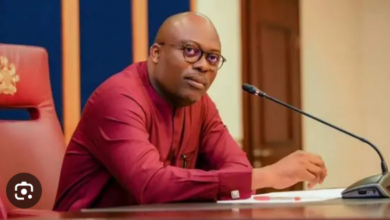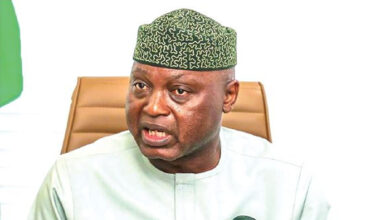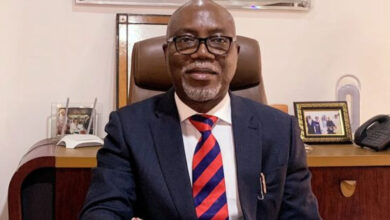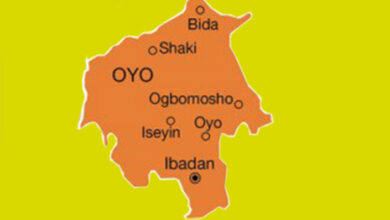Ensuring A Transparent And Fair 2024 Ondo Governorship Election
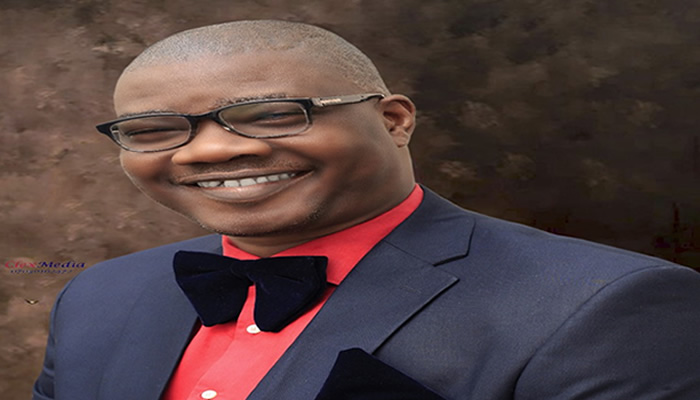
As Ondo State heads to the polls on February 24, 2025, the race for the governorship heats up with both logistical and security measures intensifying. Following the Independent National Electoral Commission (INEC)’s issuance of the election notice last September, the state’s political scene is abuzz with preparations. With 18 candidates vying for the office, the main contest is a two-horse race between the incumbent governor, Lucky Aiyedatiwa of the All Progressives Congress (APC), and Agboola Ajayi of the Peoples Democratic Party (PDP). Both candidates hail from the state’s southern senatorial district, and each has previously served as Deputy Governor under the late Rotimi Akeredolu, making this election a significant test of political continuity and change.
Historical Context and State Profile
Established on February 3, 1976, Ondo State, nicknamed the Sunshine State, has a rich political and cultural history. The state is divided into 18 local government areas, with 3,933 polling units and a registered voter base of over 2 million citizens, though only 1.75 million have collected their Permanent Voter Cards (PVCs) and are eligible to vote. The governorship election, an off-cycle poll resulting from a court-ordered mandate in 2009, places Ondo among a unique group of Nigerian states conducting elections outside the general cycle.
INEC’s Readiness and Security Measures
To ensure a credible election, INEC has engaged over 15,000 ad-hoc staff to operate across polling units, with security arrangements bolstered by the deployment of 36,637 personnel from the Nigerian Police Force and 6,000 officers from the Nigeria Security and Civil Defence Corps (NSCDC). In a recent meeting, INEC Chairman Prof. Mahmood Yakubu emphasized the Commission’s commitment to improvements in voter accreditation through the Bimodal Voter Accreditation System (BVAS) and the efficient deployment of materials. The upcoming election will also see INEC’s enhanced focus on real-time result uploads, a promise intended to boost transparency and voter confidence.
Campaign Climate and Controversies
The lead-up to the election has seen largely peaceful campaigns, though the PDP has voiced concerns, calling for the redeployment of the Resident Electoral Commissioner over perceived biases. Allegations of planned vote-buying are also rife, with political parties reportedly stockpiling cash for election day. Civil society organizations and observers, including YIAGA Africa, have noted incidences of voter inducement, as major parties are allegedly distributing cash, food, and supplies to sway voters.
Candidates and Electoral Landscape
While the race features 18 candidates, attention centers on the rivalry between Lucky Aiyedatiwa (APC) and Agboola Ajayi (PDP). Ajayi, who previously served as Akeredolu’s deputy before defecting to the PDP, is vying for a comeback against Aiyedatiwa, who rose from deputy to acting and finally to governor following Akeredolu’s passing. Both candidates represent the political and economic ambitions of Ondo South, adding a regional dimension to the competition.
The Role of INEC and Expectations for the Election
As Ondo prepares to determine its next leader, all eyes are on INEC to deliver a credible election that reflects the will of the people. The Commission has reiterated its commitment to addressing logistical issues, ensuring prompt voting, and deterring electoral malpractice. The election’s outcome could set a precedent not only for Ondo but also for other off-cycle elections, underscoring Nigeria’s commitment to upholding electoral integrity.
Ultimately, the Ondo electorate holds the power to decide who will govern from the Alagbaka Government House in Akure, shaping the next chapter in the state’s storied political journey. With voting only days away, the state stands on the cusp of a potential political shift, as citizens weigh the promises and track records of both seasoned candidates and newcomers alike.
